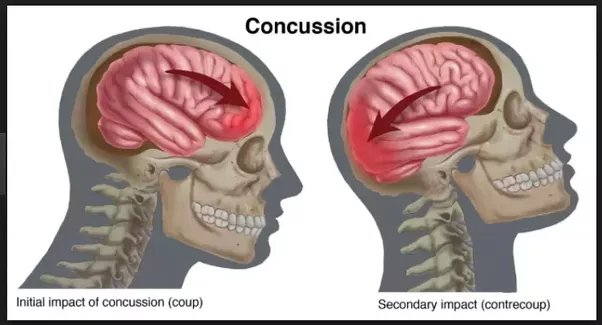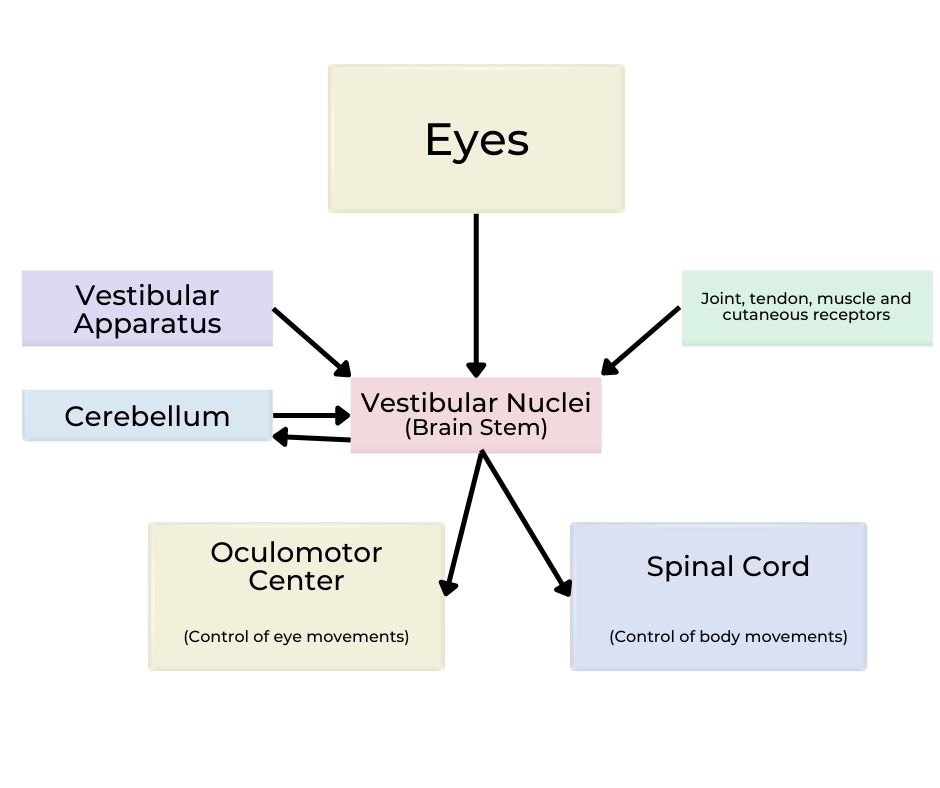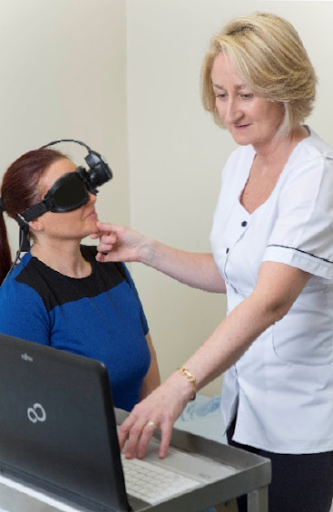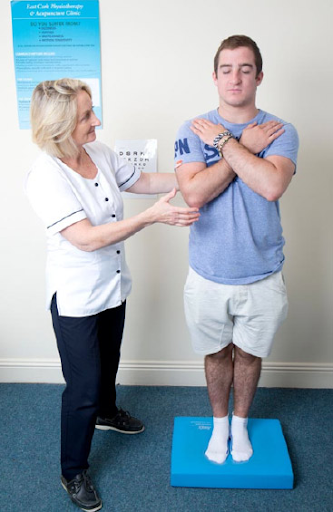Concussion is a headline injury these days with increasing numbers of athletes spending time side-lined and, in some cases, forced to retire.
Awareness of concussion and its causes are certainly improving, but knowledge of symptoms, prognosis and issues such as post- concussion syndrome or vestibular issues associated with concussion are very poorly understood amongst the general population.

Concussion occurs when there is a quick deceleration of the head which causes the delicate brain tissue to rebound off of the inside of the skull. There is currently no diagnostic test for concussion, rather the person’s behaviour is observed and they are assessed for any memory loss, decreased reaction time, personality changes etc. and they are asked to report any nausea, headache, double vision, dizziness, balance problems, feeling “groggy” or change in mood and sleep patterns. In the athletic population the majority of sufferers are symptom free in 7-10 days, however studies have shown that nerve signals to the brain are disrupted for 30 days, hence the need to follow return to play protocols. In the non-athletic population approximately 66% are recovered within 3 months but 33% may exhibit symptoms beyond this time-frame.
While the management for an acute concussion is rest to avoid further trauma to the brain tissue, as time goes on a small percentage of sufferers may go on to develop vestibular symptoms which require active rehabilitation. The vestibular system involves the inner ear, eyes and brain and is responsible for balance.

When the brain suffers a trauma such as a concussion this can lead to disruptions in this system and the brain receives inaccurate information from the inner ear about the position and movement of the head in space. When the inner ear is being unreliable the brain must turn to the eyes for the correct information. This in turn leads to fatigue and tension headaches as the eyes are not meant to have to be responsible solely for both balance and vision. The incorrect information from the inner ear to the brain may also cause dizziness which leads people to refrain from head movements as this exacerbates symptoms. This leads to further dysfunction of the vestibular system and can impact on quality of life.
The over reliance on vision and the fatigue that people suffer from as a result can have a very negative impact. Activities such as maintaining focus on a computer screen or television can be difficult, people become afraid to exercise and actually challenge the vestibular system. However our vestibular system must have this challenge in order to recalibrate and strengthen, but it needs to be done in a controlled, gradual manner.
This is where Vestibular Rehabilitation Therapy (VRT) can be implemented with excellent results. Firstly a detailed history is taken in order to establish exact onset of symptoms, how they have continued over time, aggravating factors etc. Objective tests are then carried out to assess the deficits in the vestibular system. These will include static and dynamic balance tests, oculomotor tests to rule out central lesions, dynamic visual acuity testing to assess vision stability on movement and positional tests to rule out displaced otoconia in the inner ear. The combined results allow the physiotherapist to prescribe a vestibular rehabilitation programme specific to the individual’s needs. This will involve a series of progressive exercises designed to strengthen the vestibular system over a period of several weeks.

Vestibular rehabilitation is evidence based treatment with irrefutable results from extensive clinical trials, carried out mainly in the USA. This rehabilitation corrects the communication between the inner ear and the brain thus decreasing vestibular symptoms and reliance on vision. In turn this allows the person to return to activities and sports that previously they felt were exacerbating their symptoms.

For any further queries contact the team at East Cork Physiotherapy, Balance and Acupuncture Clinic Contact Us below.
We hope you enjoyed this blog by Sheila Barrett, Chartered Physiotherapist & Acupuncturist.
This blog is provided for information purposes only. The content is not intended to be a substitute for professional medical advice, diagnosis or treatment. Seek the advice of your doctor with any queries regarding a medical condition.
